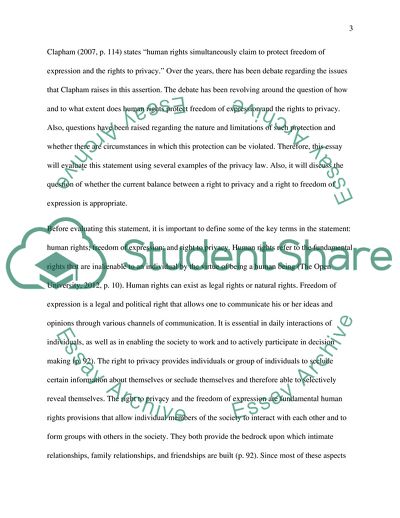Cite this document
(Protection Freedom of Expression and the Right Assignment, n.d.)
Protection Freedom of Expression and the Right Assignment. https://studentshare.org/law/1780461-human-rights
Protection Freedom of Expression and the Right Assignment. https://studentshare.org/law/1780461-human-rights
(Protection Freedom of Expression and the Right Assignment)
Protection Freedom of Expression and the Right Assignment. https://studentshare.org/law/1780461-human-rights.
Protection Freedom of Expression and the Right Assignment. https://studentshare.org/law/1780461-human-rights.
“Protection Freedom of Expression and the Right Assignment”. https://studentshare.org/law/1780461-human-rights.


